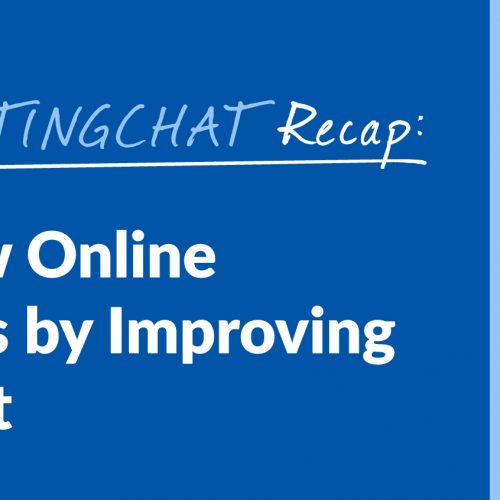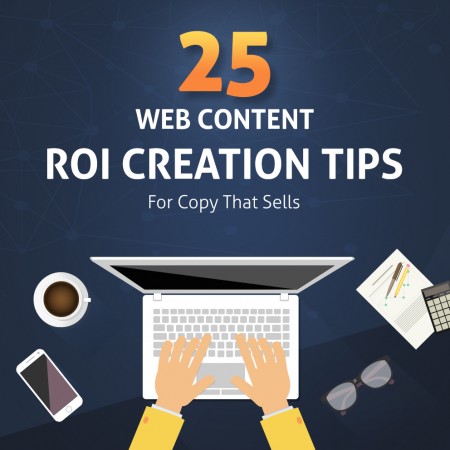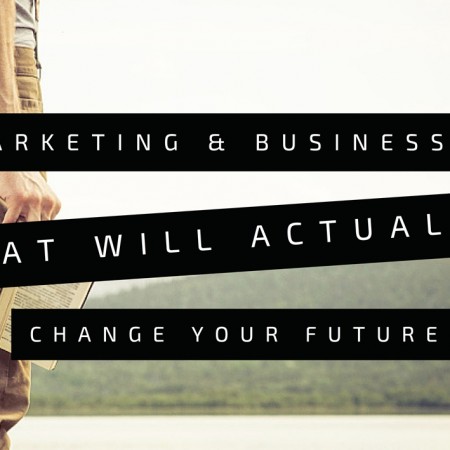#ContentWritingChat Recap: How to Grow Online & in Business by Improving Your Mindset with Michele Walsh
Are you ready to catch up on this week’s #ContentWritingChat? We’ve prepared an awesome recap with some of the tweets from Tuesday’s chat, so get ready to dive in! #ContentWritingChat Recap: How to Grow Online & in Business by Improving Your Mindset with Michele Walsh Join us for #ContentWritingChat on Tuesday, October 25th at 10 AM Central with @TheMicheleWalsh! pic.twitter.com/dr8Qwj3UEt — Express Writers (@ExpWriters) October 18, 2016 Our guest host this week was Michele Walsh. Michele is a business confidence coach and the author of The Big Shift. She joined us to talk all about the importance of mindset within your business. It’s a different topic for us, but she provided a lot of helpful advice you can implement in your own business. Q1: What role does mindset play within your business? We kicked off the chat by asking our Twitter friends what role they felt mindset played within their businesses. We received some great answers in return! Check it out: #ContentWritingChat Did you know mindset is responsible for more than 80% of the results you achieve? — Michele Walsh (@TheMicheleWalsh) October 25, 2016 #ContentWritingChat You can have all the strategies in the world but if you have the wrong mindset then the results will be sporadic at best — Michele Walsh (@TheMicheleWalsh) October 25, 2016 Michele shared a pretty important statistic with us. She said that our mindset is responsible for more than 80% of the results we achieve. So, it only makes sense that if we want to achieve big things in our lives, we need to be in the right frame of mind to make that happen. You need the right mindset in order to see major, consistent results. A1: A positive attitude yields more positive results! #contentwritingchat https://t.co/x5mNZXzEup — Polaris Direct (@PolarisDirect) October 25, 2016 To put it simply, a positive attitude will yield more positive results within your business. How can you expect to see positive results if you’re thinking negatively? A1 I think as with any part of life, positivity, determination, focus all help improve it. Forward motion is key! #ContentWritingChat — Amanda Vera (@amnda_vera) October 25, 2016 Amanda is right on with her answer. Positivity, determination, and focus are all key aspects of your mindset and important to achieving success in business. @writingchat A1: Everything! The attitude you bring each day is imprinted in every piece of work you do. #ContentWritingChat pic.twitter.com/Cm9z4WWdfQ — Keystone Click (@KeystoneClick) October 25, 2016 Your attitude is imprinted in every piece of work you do. That’s pretty crazy to think about, right? When you have a positive mindset and you’re passionate about your work, people will take notice. A1. Everything. You can choose how to think and subsequently, how to live! I have a mindset of working hard every day. #ContentWritingChat — Julia McCoy ? (@JuliaEMcCoy) October 25, 2016 For our CEO, Julia, she knows that having the right mindset can impact her life on a daily basis. She chooses to have a mindset that empowers her to work hard every day, which is exactly how she’s built Express Writers. @writingchat A1: A positive mind impacts the health, growth, & productivity of not only your business, but yourself! #ContentWritingChat — Tyler Brown (@__tylerbrown) October 25, 2016 Remember that having a positive mindset doesn’t just impact your business. It impacts you and your life in general. Q2: How can your mindset impact your content marketing efforts? Now that we know how important the right mindset is for business growth and success, let’s talk about content marketing. How could mindset possible impact our content? Here’s what some participants in Tuesday’s chat had to say: #ContentWritingChat Less marketing more aligning your mindset with your intentions, having trust and belief and the results will manifest — Michele Walsh (@TheMicheleWalsh) October 25, 2016 Michele said it’s important to align your mindset with your intentions. You need to have trust and believe in order to see your desired results manifest into your life. A1. I think that your mindset – particularly how you handle challenges – determines your success or failure. #contentwritingchat — Kristen Dunleavy (@KristenWritesIt) October 25, 2016 Kristen noted that your mindset, and especially how you handle the challenges you face, can determine whether you succeed or fail. Great answer! A2 Mindset impacts everything. In marketing, setting goals and having the firm mindset to hit them is tremendous #ContentWritingChat pic.twitter.com/hUqjjpubfQ — Julia McCoy ? (@JuliaEMcCoy) October 25, 2016 As Julia said, it’s important to set goals and have a firm mindset that will help you meet them. That really is the secret to making things happen! A2: A good mindset breeds creativity and allows you to think outside the box for more innovative content. #contentwritingchat https://t.co/Ru9Q9Gyyt0 — Polaris Direct (@PolarisDirect) October 25, 2016 A good mindset breeds creativity and allows you to think outside the box. a2: Content is about reaching your audience, they can tell if you let your mood affect it. Stay positive and focused. #contentwritingchat — Jobs2Careers (@Jobs2Careers) October 25, 2016 The way you feel can easily show through in your content. It’s important to stay focused and positive! A2 If your mindset is internal, #contentmarketing will reflect it. If your mindset is to serve your audience, you will. #contentwritingchat — Bill Skowronski (@BillSkowronski) October 25, 2016 Bill said that if your mindset is focused on serving your audience, you’ll be able to do just that. Providing great content helps, too! A2 An open, flexible, bend-able mindset helps you empathize with your TA + understand better their needs, intents #ContentWritingChat https://t.co/JrxmG6wxR8 — Zala Bricelj (@ZalkaB) October 25, 2016 Zala recommends keeping an open mind. This will allow you to be more welcoming of new ideas. It’s also important to understand the needs of your audience. A2. I have found that when I have a negative or uninspired mindset, my content suffers. #ContentWritingChat — Bourbon & Honey (@BrittanyBrander) October 25, 2016 Brittany knows that the wrong mindset often means her content will suffer. If she’s thinking negatively or feeling … Read more



